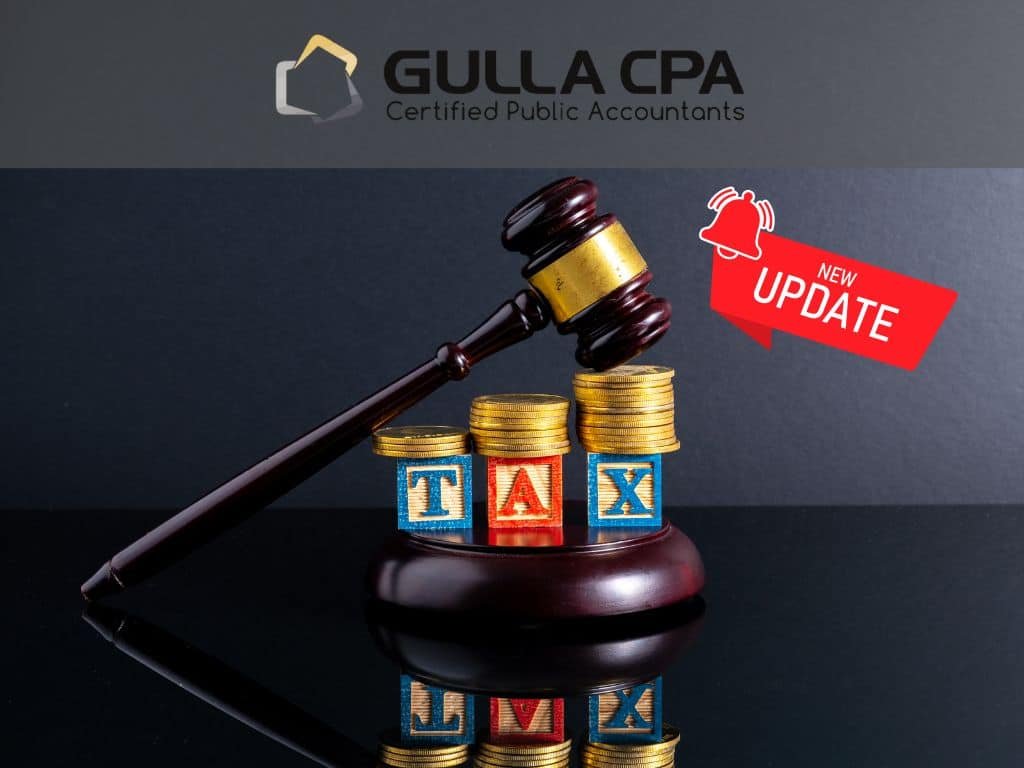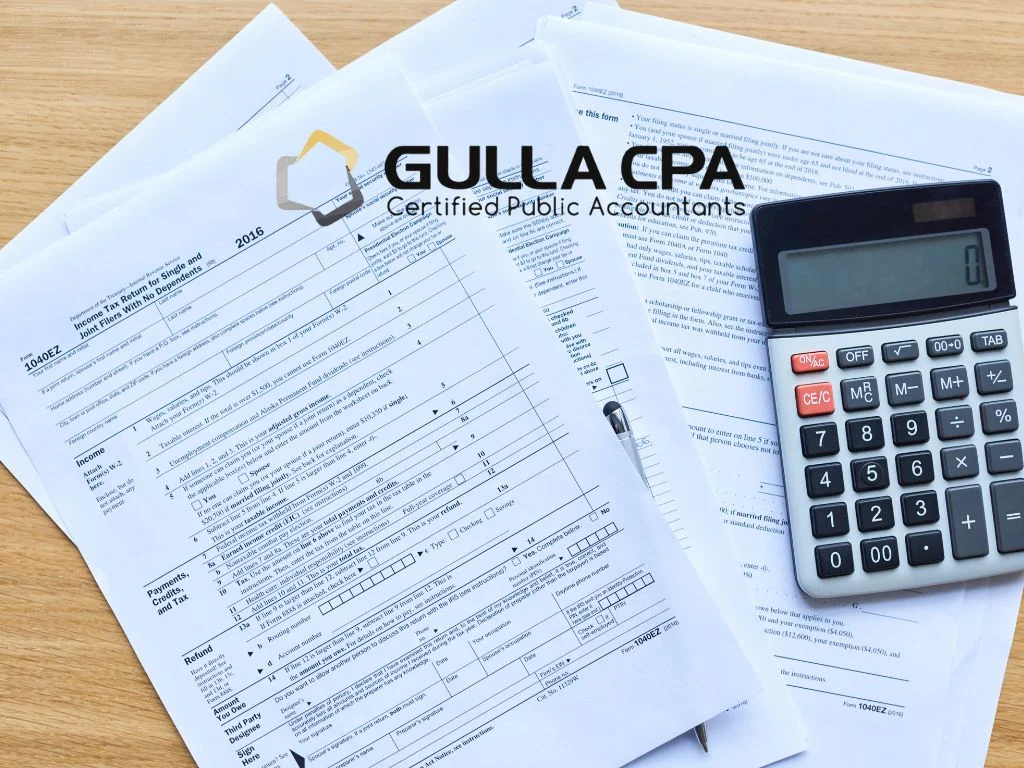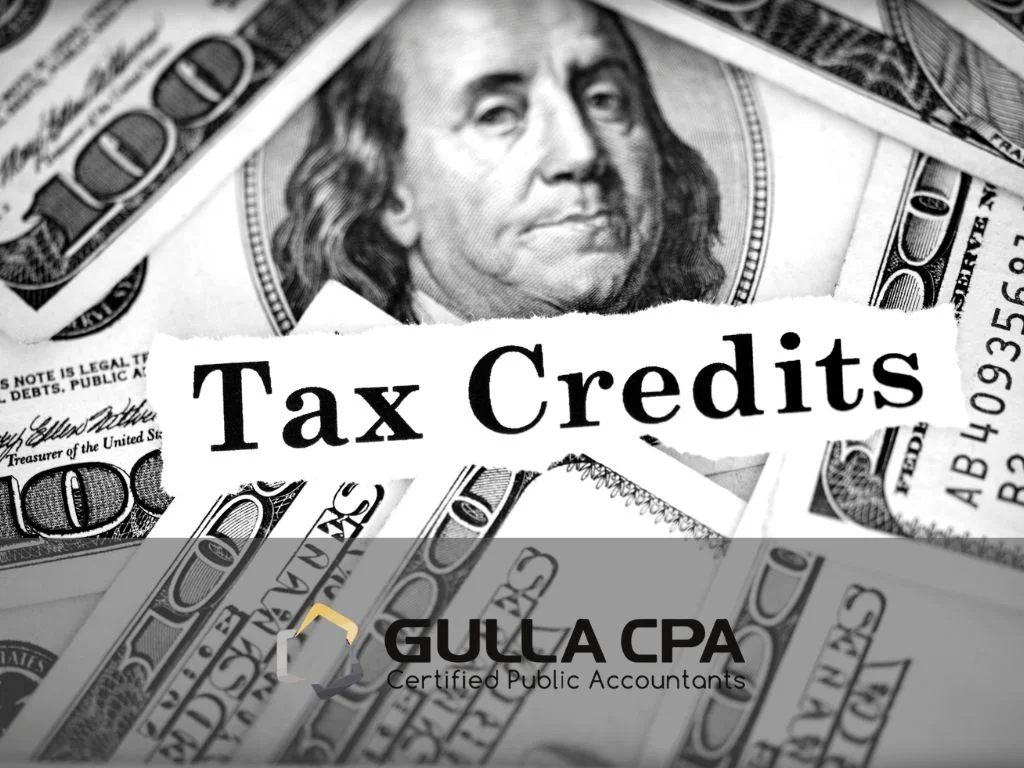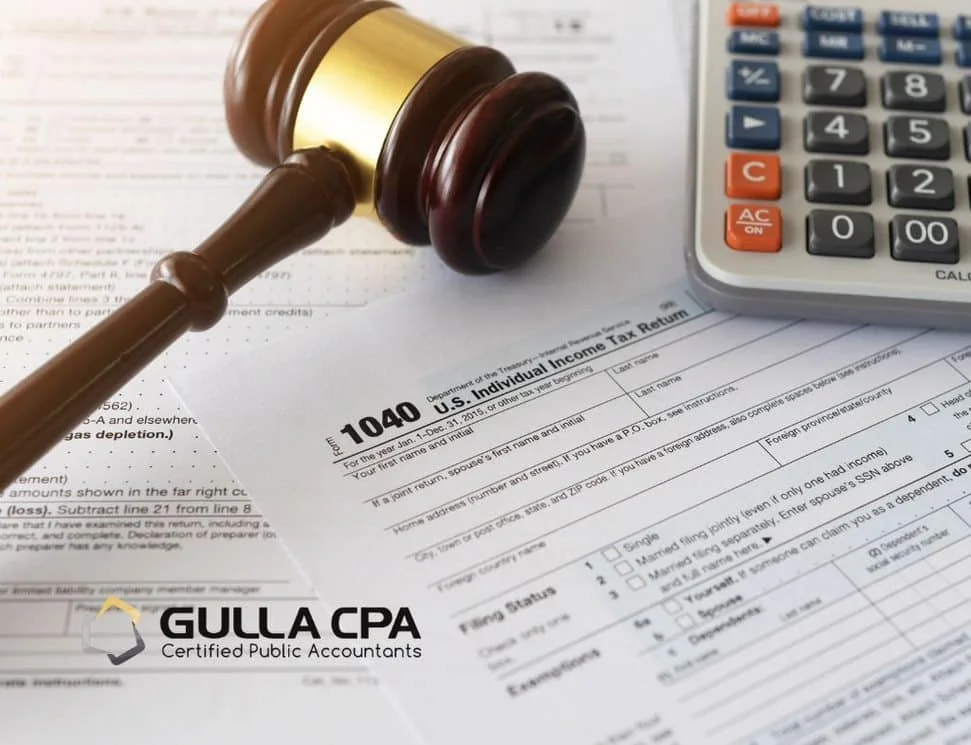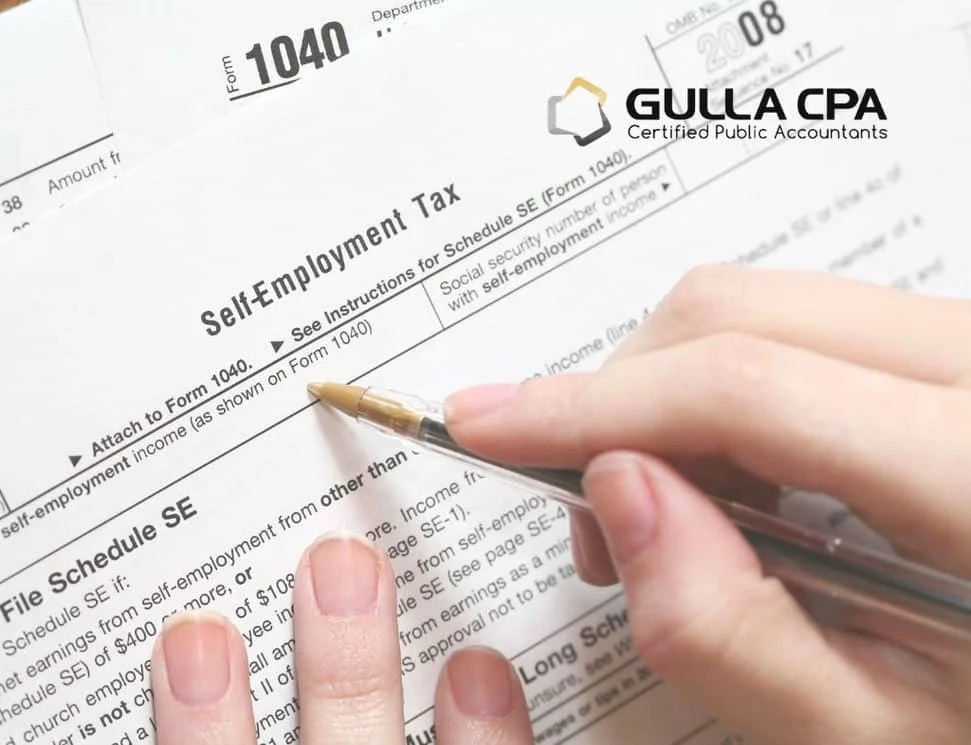Nobody loves filing their taxes, especially when you need to account for rental properties. This task can come with a major learning curve, especially for new investors. However, it’s a familiar pain for many, as there are over 11 million independent landlords across the US.
Fortunately, with the right tips and knowledge, you can make tax time a lot easier and maximize your return. Here’s what you need to know about real estate taxes and how a tax planning advisor can help.
How to Determine Rental Income
First, you need to determine your total income from your rental property. While it sounds simple, there are a few rules and concepts you’ll need to understand.
Cash vs. Accrual Basis
There is a concept in accounting called an “accounting method.” This refers to a set of rules under which a business – or landlord, for that matter –reports its financials. Two of the most common methods of accounting are cash basis and accrual basis.
Under the cash basis method of accounting, all revenue received, and most expenses (discussed later) paid in a tax year are reported as income and deductions in that year. For instance, if your tenant were to pay rent for a year up front on July 1st, you would recognize the entire payment as revenue in the current tax year, even though half of it was related to the following year. Most “mom and pop” landlords use the cash method of accounting, as it is the easier and more straightforward of the two. Moreover, many rental property owners may not realize that there is another option.
The accrual basis method of accounting is more complex, but also considered the more accurate way to report revenue and expenses. Under this method, income and deductions are reported when earned and incurred. In the example above, you would recognize 6 months of rent in the current tax year and wait to report the other half until the following year, when it was earned through providing the property to the tenant to rent.
Other Income and Deposits
You may have additional income from your rental property beyond rent. If you collect processing fees, late fees, income from laundry or vending machines, or anything else, then this would likely constitute income.
If you require security deposits, application deposits, or any other refundable deposit, you do not have to report them as income. Since these items are refundable, they are considered a liability, as you owe them back to the tenant upon termination of their lease. If you take money out for necessary repairs after a tenant vacates the property, this is considered a reimbursement for (and therefore reduction of) your business expenses.
However, if an amount called a security deposit is to be used as a final payment of rent, it is advance rent and should be included in income when received (under cash basis) or earned (under accrual basis). There are certain legal compliance issues to keep in mind with security deposits. Make sure you keep security deposits in a separate account and comply with federal and state security deposit laws.
What Can I Deduct Now vs. What Must Be Capitalized and Depreciated?
Deductions for your business costs fall under two categories. You can either deduct them now as part of the previous fiscal year’s expenses or you can deduct their depreciation over time.
Currently Deductible Expenses
Your rental property is legally considered a business, which means there are expenses you can deduct from your total income. Business expenses that you can deduct now include:
- Property taxes
- Mortgage interest
- Homeowner’s insurance
- Repairs and maintenance costs
- Cleaning fees
- Management fees
- Landscaping costs
While this is not an exhaustive list, the items above should make up the bulk of your real estate expenses that may be currently used to offset your income.
In tax law, there are always exceptions to rules. Revisiting our discussion about the cash versus accrual basis methods of accounting, under cash basis, expenses may be deducted when paid, whereas under accrual basis, they may be deducted when incurred. This applies to the list above. Additionally, cash basis landlords must follow the “12-month rule.” If an expense is prepaid past the end of the following tax year, then it must be treated as if it were under the accrual method of accounting. For instance, if you pay $3,600 for a three-year insurance policy to begin on July 1st, 2022 and your tax year ends December 31st, you may only deduct $600 for tax year 2022 ($3,600/36 months * 6 months), $1,200 for tax years 2023 and 2024, and $600 for tax year 2025. However, if the policy were for 18 months, it would only extend to the end of the tax year following the year in which the expense was paid, and the entire amount could be deducted in tax year 2022. Rules such as these can be hard to follow and are a good example of why it is useful to work with an experienced CPA when accounting for your rental property.
Capitalization & Depreciation
Here’s where things get a bit tricky. Capitalizing means that you initially report a cost as an asset on your balance sheet versus an expense on your income statement; depreciation means moving it onto the income statement over time.
By doing so, the cost is spread over multiple years, reducing your taxable income and “recovering the cost” each year. Assets that you will need to capitalize and depreciate include the property itself and all related buying expenses, improvements or upgrades, and appliances.
The IRS has pre-defined lifespans for each of these assets. This means that there is a set timeframe over which you can claim depreciation for each of them.
For the property itself, the most common depreciation timeline is 27.5 years, claiming 3.636% depreciation each full year. This is the anticipated timeline for a rental property to depreciate, according to the IRS. This timeline also applies to most fixtures on your home, including a new roof or addition.
Alternatively, depreciation for appliances only lasts for 5 years. However, there is an exception to this rule as well. Section 179 depreciation and bonus depreciation can allow a landlord to deduct up to 100% of the cost of an asset in the year it is placed in service (not the year purchased). The differences between and rules surrounding these two concepts are outside the scope of this article, but it is important to know they exist.
To give an example of how depreciation works – say you purchased a home for $100,000, with total closing costs (commissions, lien searches, title charges, tax stamps etc.) of $20,000. You place the property in service on March 1st, 2020. Real estate follows the “mid-month convention,” meaning that any property placed in service receives a half a month of depreciation expense for that month. Therefore, 9 ½ months of depreciation expense may be claimed for the property in 2020, assuming a tax year end of December 31st. $120,000/27.5 years * (9 ½ / 12 months) = $3,454.55 of depreciation expense for 2020. Your year-end balance sheet will also show an asset valued at $120,000, with accumulated depreciation of $3,454.55, leaving it at a “net book value” of $116,545.45.
It is important to note that depreciation expense replaces deductions for payment on the cost of the property. Generally, your monthly mortgage payments will include payments of principal (paying back the cost of the property), interest, taxes, and insurance. The cost of principal cannot be deducted in a year along with the rest but is replaced by depreciation expense.
Passive vs. Real Estate Professional Designation
According to the IRS, there are two different designations for real estate investors: Passive and Real Estate Professional.
Passive Category
Most real estate investors do not meet the qualifications for an active real estate professional designation, which requires a lot of involvement. If you own one or two properties, or if real estate is a “side hustle”, then you almost certainly fall into the passive category.
If you are a passive real estate investor, then you can only deduct up to $25,000 of losses from your real estate activities in a tax year. The rest is carried over to the following fiscal year. Additionally, the deduction “phases out” between $100,000 – $150,000 of modified adjusted gross income (“MAGI”), and you must meet certain ownership and participation requirements to be allowed to deduct any amount of loss against your ordinary income at all.
Real Estate Professional Status
If you qualify as a real estate professional, the passive activity loss rules do not apply. To qualify for real estate professional status, you must spend a certain number of hours per year and at least 50% of your working hours in real estate activities, and you must “materially participate” in the management of the properties that you own. We will discuss these concepts further in a later article.
Speak to a Tax Planning Advisor
Now that you know some of the basics of real estate accounting, you may want to consider talking to a certified public accountant to make sure that you are applying the rules properly. Taxes can easily overwhelm a real estate investor, especially in the early years of your investment. However, with the right help, you can make sure you start off on the right foot. A CPA can assist with your rental accounting through bookkeeping services, consultation and tax preparation.
Be sure to stay up to date with our latest articles, and don’t hesitate to contact us with any questions or for help with your tax planning needs!







